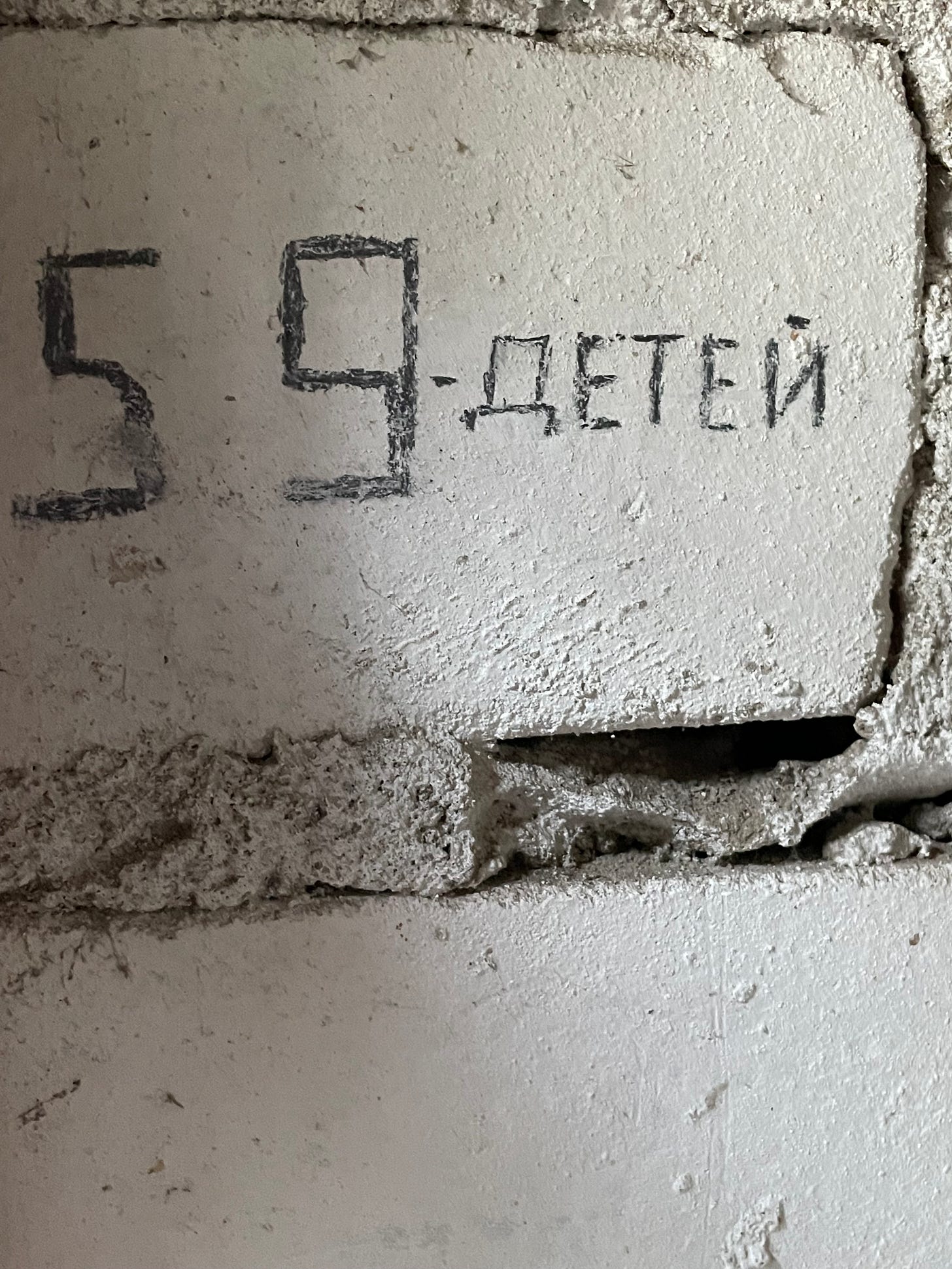In this lecture, I begin from a recent clip on Russian television: a Russian soldier explaining that, if Ukrainians do not accept that they are Russians, it will be necessary to kill a million of them, five million of them, or all of them.
The man in question is a known fascist (he appears in my book Road to Unfreedom), and what he says opens the way to a discussion of the character of Russian fascism.
We have no trouble seeing the genocidal aspects of the Russian invasion — the eliminationist language, the deportations, the mass murders, the rape — but we do not always grasp how they are connected to the notion of the non-existence of Ukraine.
The Russian soldier claims that Ukrainians are “possessed. This reveals a basic current of Russian fascism that one finds in a favored thinker of Putin (whom he just cited again) and in television propaganda. In this mindset, Russia’s enemy is actually “Satan” (I will develop this theme in a written post to come).
In the next part of the lecture, I move to the related topic of Russian colonialism, using history to explain how there is no basis for the claim that Crimea in particular, or Ukraine in general, were “always” part of Russia.
Indeed, the “always” claim is part of an imperial maneuver by which power is able to begin things “anew.” Both Catherine the Great at the time of the annexation of Crimea and southern Ukraine, and Vladimir Putin now, make “always” claims on the basis of obliterating actual history. Their “always” is the “never” that is insisted upon for Ukraine and for Crimea.

I conclude the lecture with the argument that democracy can succeed when those who support it are aware of history, are aware of their own historical predicaments, and choose to act.
In this sense, Ukrainian resistance is a model. If we believe that democracy will be brought to us by structural factors, then we will get more fascism, more genocide, more imperialism.
But we do not have to believe that. We can believe instead that democracy is always a struggle, but that the struggle is worth it. On this theme the lecture concludes. It was delivered 12 October 2022 at the University of Connecticut.
PS Most of the audio content here is for paid subscribers. I am sending this one out to everyone, but I would appreciate it if you would subscribe if you can. If you do, you will have access to all of the podcasts, as well as to an archive of all of the written material, as well as to live interactions starting later this month.
TS, 14 October 2022











Share this post